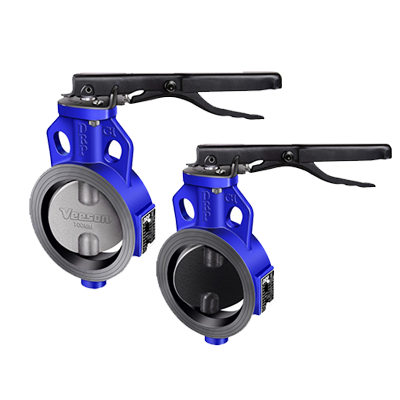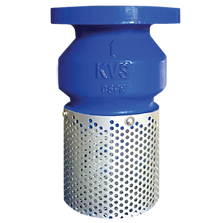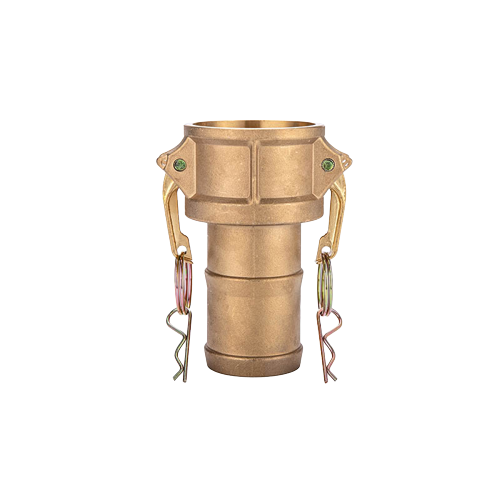Success in construction projects across Dubai hinges on selecting premium cast iron valves that meet rigorous quality standards. Construction professionals must navigate complex requirements while ensuring optimal performance in the demanding UAE environment.
A comprehensive understanding of valve quality indicators helps make informed decisions for long-term project success.
Material Composition and Manufacturing Excellence
Material quality forms the cornerstone of superior cast iron valves. Premium manufacturing processes incorporate carefully balanced proportions of carbon, silicon, and additional elements to create durable valve components.
Manufacturing facilities maintain strict quality control measures throughout production, ensuring consistency and reliability. Regular material testing validates the composition and structural integrity of each valve batch.
Testing and Certification Requirements
Dubai’s construction sector maintains stringent standards for valve certification. Manufacturers conduct extensive testing protocols encompassing pressure resistance, material strength, and operational performance.
ISO certification validates quality management systems, while API standards confirm adherence to international valve manufacturing benchmarks. Documentation of testing procedures assures product reliability.
Durability in Dubai’s Climate
Environmental conditions in Dubai create unique challenges for construction materials. Quality cast iron valves incorporate specialized designs to combat high temperatures, coastal air exposure, and sand infiltration.
Advanced coating technologies protect valve components from corrosion and degradation. Manufacturers engineer products for UAE conditions, ensuring sustained performance in challenging environments.
Design Features and Construction
Superior cast iron valve construction encompasses multiple critical elements. Body thickness specifications ensure structural stability under varying pressure conditions. Premium sealing mechanisms prevent leakage and maintain system integrity.
Stem construction facilitates smooth operation while minimizing maintenance requirements. Surface finishing reflects manufacturing precision, with uniform casting and superior aesthetics.
Installation and Maintenance Considerations
Professional installation practices significantly impact valve longevity in Dubai construction projects. Adherence to manufacturer specifications ensures optimal performance.
Appropriate torque application prevents operational issues. Environmental protection measures safeguard valve components. Regular maintenance inspections identify potential concerns before they affect system operation.
Performance Track Record
Real-world performance data provides valuable insights into cast iron valve reliability. Established manufacturers maintain comprehensive installation records across UAE projects.
Performance tracking helps validate product durability and effectiveness. Construction professionals benefit from documented evidence of valve reliability in similar applications.
Quality Assurance Documentation
Comprehensive documentation supports quality verification processes. Material certificates confirm composition specifications. Pressure testing reports validate operational capabilities.
Manufacturing records ensure traceability, and quality control documentation demonstrates adherence to established standards throughout production.
Supplier Reputation and Support
Established suppliers in Dubai provide essential support services throughout the valve lifecycle. Technical expertise assists with installation and maintenance requirements. Warranty coverage protects against manufacturing defects.
Parts availability ensures rapid resolution of maintenance needs. Installation guidance promotes optimal system performance.
Cost-Value Analysis
Premium investment cast iron valves deliver substantial long-term advantages. Reduced maintenance requirements minimize operational costs. Extended service life maximizes return on investment.
Lower replacement frequency supports project economics. System reliability benefits overall project performance.
Conclusion
Superior cast iron valves serve as critical components in Dubai construction projects. Careful evaluation of quality indicators supports successful valve selection. Understanding performance requirements ensures optimal system operation.


